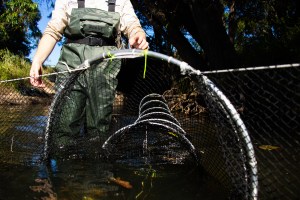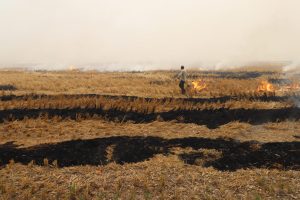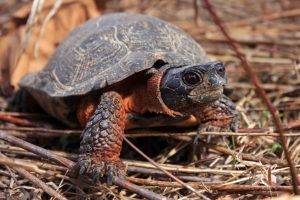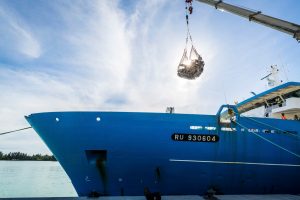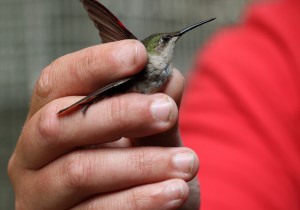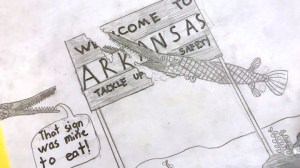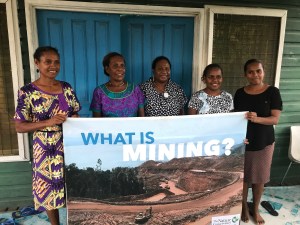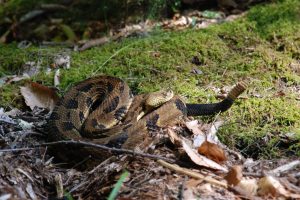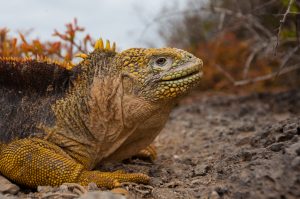Discover stories in Conservation Science
A Night With the Platypus Scientist
Trapping for platypus is akin to searching for a needle in a haystack. A very adorable needle.
Fields on Fire: Can Agricultural Alternatives Mean Cleaner Air in India?
Agriculture burning contributes significantly to air pollution in India, a country with some of the least healthy air in the […]
Recovery: A Future for Wood Turtles
Wood turtles face a host of threats, including public recreational access. But there’s hope.
Planning for the Future in a Warming Ocean
As climate change makes natural systems more unpredictable, the past is no longer a reliable predictor of the future
A Biodiversity Analysis in Los Angeles
Rich biodiversity can exist in the biggest of cities, as a new report finds for Los Angeles.
Banding Hummingbirds
How do you band hummingbirds? As quickly as possible with bands about the size of a cookie crumb.
50 Fish, 50 States: Garkansas
Rainbow trout in PVC pipes, alligator gar and the kids who love them, and hope.
Pacific Women Demand a Voice in Mining Decisions
In the Solomon Islands, women’s groups are running an education program to help local people make more informed decisions about mining.
Seaweed as Sustainable Livelihood
Seaweed farming can provide livelihoods for rural and indigenous women in Indonesia. How can this aquaculture be practiced sustainably?
Timber Rattlesnakes: Cool Facts and an Uncertain Future
Meet the feared but reclusive and docile snake of the eastern forest.
Recovery: Victories in Galápagos National Park
New hope for the iconic native wildlife of the Galapagos Islands.
Mapping Conservation & History on the Kokoda Track
A new 3-D map of Papua New Guinea’s famous Kokoda Track will help both preserve the country’s military history and protect the surrounding forest.
